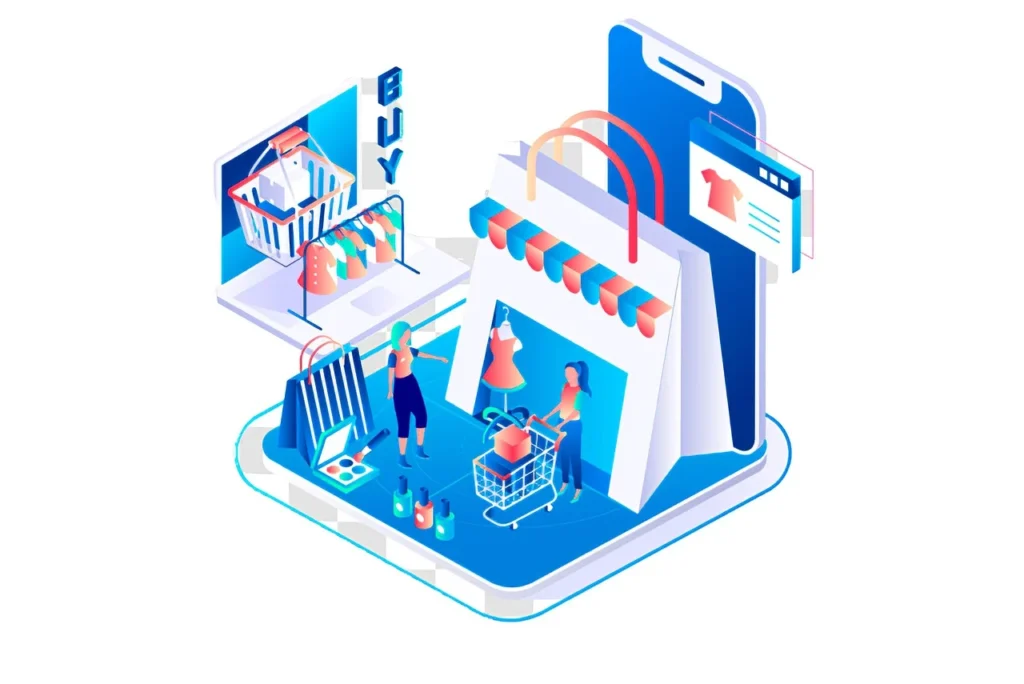Master the Art of Ecommerce Sales Funnels

The Ultimate Guide to Ecommerce Sales Funnels An ecommerce sales funnel is a strategic model that outlines the stages a customer goes through before making a purchase. These stages include Awareness, Interest, Decision, and Action, and they help businesses understand customer behavior, optimize marketing strategies, and increase conversions. By tailoring your approach to each phase […]
The Future of AI in Ecommerce

Future of AI in Ecommerce Artificial Intelligence (AI) continues to revolutionize ecommerce by offering innovative solutions to enhance customer engagement, streamline operations, and boost revenue. As we look to the future, the integration of AI in ecommerce is set to deepen, presenting transformative opportunities for businesses. Let’s explore the predictions and trends that will shape […]
Artificial Intelligence in SaaS and Ecommerce

Introduction Artificial Intelligence (AI) is revolutionizing ecommerce and Software as a Service (SaaS) businesses by streamlining operations, personalizing customer experiences, and driving growth. However, while AI offers significant opportunities, its implementation comes with challenges that businesses must navigate to succeed in today’s competitive landscape. In this guide, we explore the benefits, challenges, ethical considerations, and […]
How AI is Transforming the Ecommerce and SaaS

The Role of AI in Ecommerce and SaaS: Revolutionizing Industries Artificial intelligence (AI) has become a game changer in the ecommerce and software as a service (SaaS) industries. By leveraging AI technologies, businesses are transforming their operations, enhancing customer experiences, and driving substantial growth. This article explores real world examples of how ai is transforming […]
How Artificial Intelligence in Saas and E-commerce is Transforming Businesses

Artificial intelligence (AI) in SaaS (Software as a Service) is changing the landscape of e-commerce and businesses. By automating tasks, streamlining processes, and providing insightful data analysis, AI helps companies optimize operations and improve customer satisfaction. In this article, we’ll explore how artificial intelligence in saas and e-commerce is transforming businesses industries, highlighting its applications, benefits, […]

